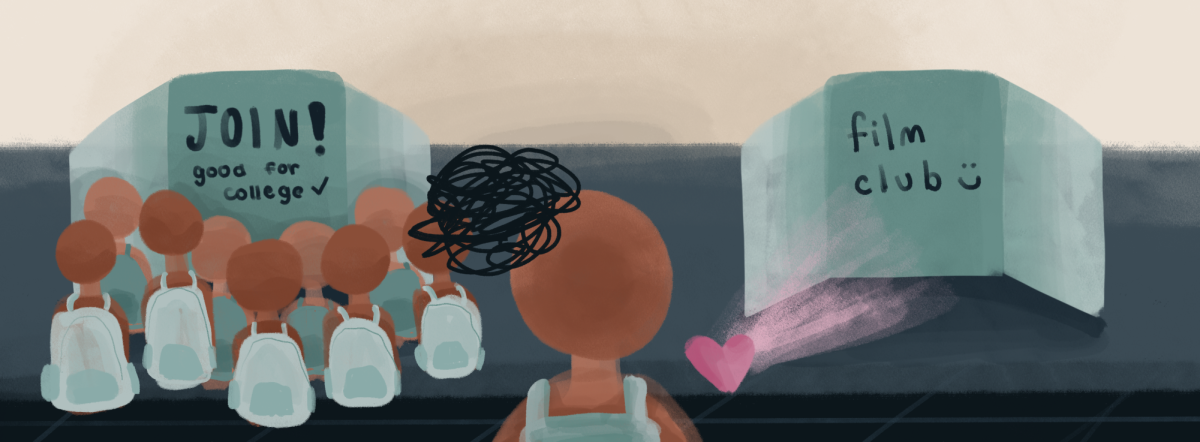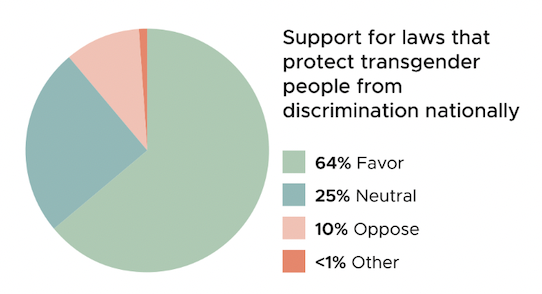It’s the first week of freshman year, and your seminar class is being led through winding halls to the annual Clubs and Activities Fair. As your classmates disperse among the various displays and presentations, you find yourself at a loss for your next course of action. Where will you fit in? The voice of your college counselor urges you to join honor societies and other prestigious organizations. After all, your sights for the future are high. On the other hand, a cluster of poster boards presenting theater and art clubs have been drawing your attention.
At their core, these types of clubs are an opportunity to explore developing passions and interests. However, in today’s world, the decisions that we make in our early years of high school seem monumental, especially in the context of extracurricular activities. These days, the rationale for deciding what extracurriculars one should join is heavily influenced by what a panel of admissions officers would, supposedly, find most attractive.
While the inclusion of extracurriculars is widely viewed as an important part of a sound college application, it’s crucial to keep in mind that there is no surefire formula for getting into any school. No combination of clubs will guarantee acceptance, especially if said clubs are joined for the wrong reasons. When a student joins an organization out of curiosity and genuine interest, it is reflected in their engagement within the club and their personal level of involvement and enthusiasm. Being passionate about something, even if it isn’t necessarily associated with prestige or renown, shines far brighter than the dull glow of disinterest.
None of this is to say that extracurricular activities, such as debate or National Honor Society, should be shunned. If one gains gratification from a certain activity or subject, then they should pursue it by all means. It is those that ignore curiosity and submit themselves to an environment that extinguishes inspiration who forfeit the opportunity to discover new realms of knowledge and creativity. High school students envision college as a space to foster personal growth through the study of varied and individualized interests. In the interest of college preparedness, it is a greater benefit to have experience with unearthing and following interest rather than participating in activities that only serve to check a box. Joining activities with the right intent is extremely important. By first practicing this expansion of interests at a high school level, one is better equipped to continue this application during their college years.
It is necessary that high school students take into consideration not what is assumed to be most impressive but rather what is most personally inspiring when deciding on their extracurriculars.









